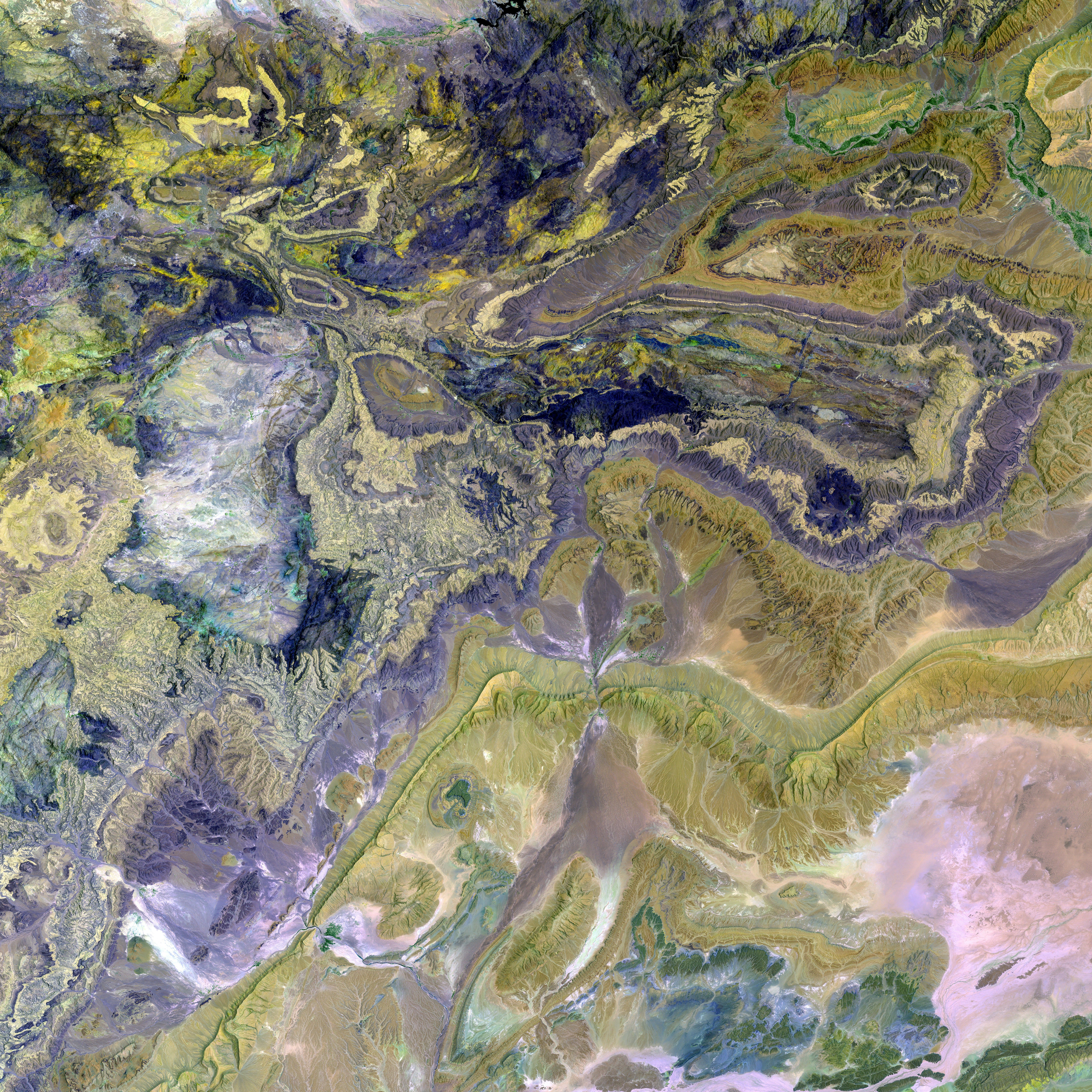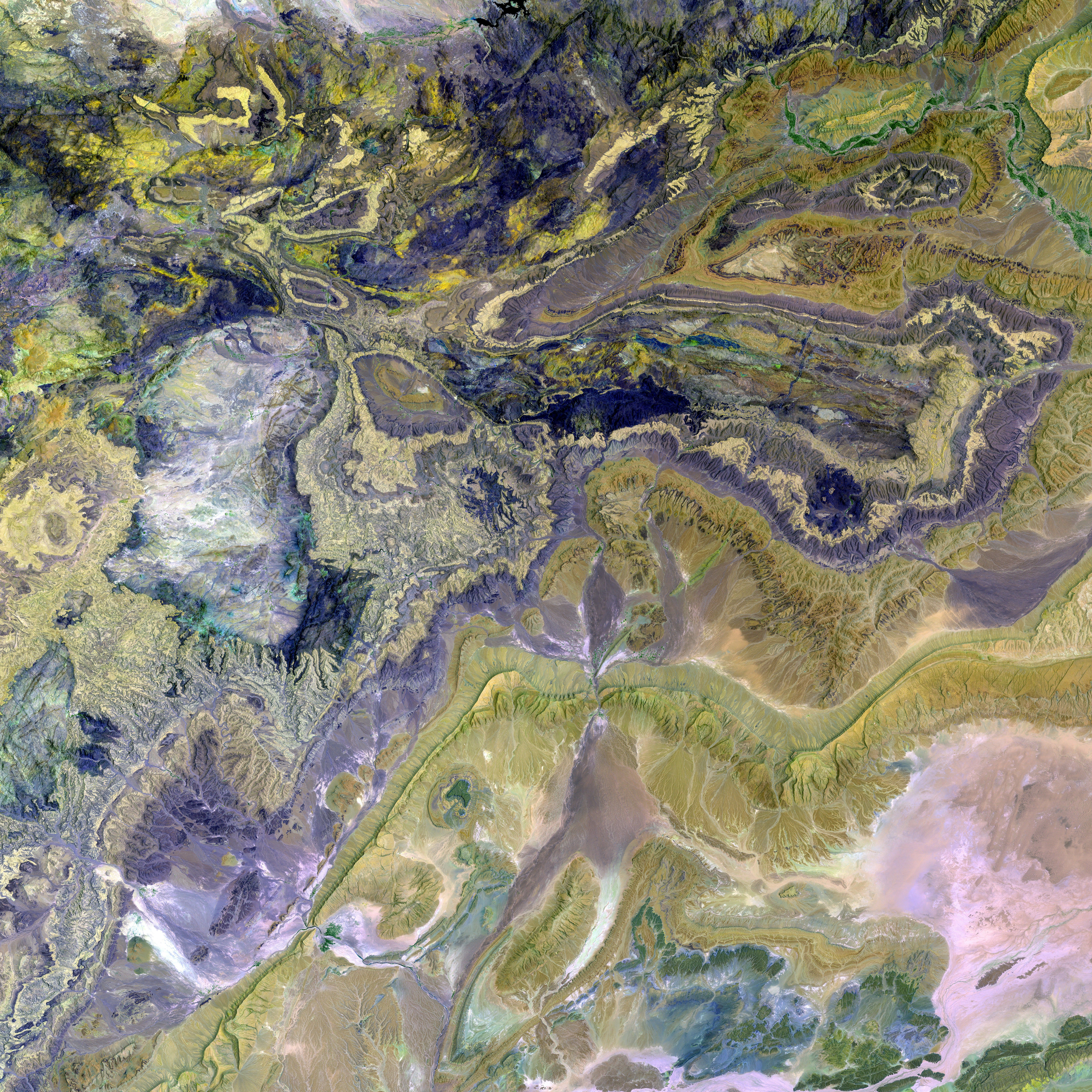Title: American Airstrike Kills Five Pro-Iranian Militants in Iraq, Invites Potential Conflict
A drone attack, believed to be executed by the United States military, took the lives of at least five pro-Iranian militants near the autonomous Kurdish region in Iraq. The Al-Nujaba group, a pro-Iranian militia linked to the Hashed al-Shaabi network, was reportedly targeted in this airstrike in the Dibis area. According to American military sources, the attack was a "self-defense" measure against an impending threat at a drone launch site near Kirkuk.
Iraq's prime minister, Mohammed Shia al-Sudani, expressed concerns about U.S. military actions in the region during a phone call with the U.S. Secretary of State Antony Blinken. Al-Sudani reiterated Baghdad's stance against attacks on Iraqi land, echoing previous protests against similar incidents.
The attack came amid a series of attacks on American military bases in Syria and Iraq, with dozens of soldiers injured. Washington blames Iranian-backed forces for these incidents. Consequently, American forces have launched attacks against pro-Iranian groups in Syria on various occasions.
Contextual Insights:
- The Al-Nujaba group is a part of the broader pro-Iranian Hashed al-Shaabi network, which is a coalition of former paramilitary forces that have been incorporated into Iraq’s regular army.
- The Islamic Resistance in Iraq is a loose coalition of armed groups that are connected to Hashed al-Shaabi, which reported five martyrs from their group in the clash.
- Around 900 American soldiers are stationed in Syria and approximately 2,500 in Iraq, which is part of a coalition lead by the U.S. to prevent a resurgence of Islamic State (IS) in the region.
- The situation in the Middle East is delicate due to the involvement of crucial actors like Israel, Hezbollah, a pro-Iranian militant group based in Lebanon, and Iran itself. These parties often engage in conflicts against each other.
Recent Developments:
- The United States conducted air strikes against locations used by Iran-aligned militias on the Syria-Iraq border, targeting operational and weapons storage locations.
- In response to these strikes, U.S. troops in eastern Syria came under rocket fire, with no casualties reported. American forces countered with artillery fire at the rocket launching positions.
- Iraq’s government expressed concerns about the U.S. air raid, considering it a violation of Iraq’s sovereignty. They aim to explore legal options to prevent such actions from happening again.
- Following Israel’s airstrikes on Iranian military sites, Iranian officials threatened retaliation against Israel, warning of bitter consequences for the Jewsh nation.
- In response to Iran's activities, the U.S. imposed sanctions on an Iraqi airline, Fly Baghdad, and its CEO for supporting Iran's IRGC and Iranian-backed militias.
Implications:
- The U.S. and Iran's ongoing aggression towards one another could lead to escalating tensions in the volatile Middle East region.
- Israeli interests may be at risk if pro-Iranian militias, such as Hezbollah and its allies in Lebanon, retaliate against Israel or Israeli interests in the region.
- Iraq's government is under pressure to adopt hardline measures against pro-Iranian militias in order to safeguard the country's sovereignty and reduce the influence of Iranian forces in the region.
- The U.S. and its coalition partners, as well as Israel, must remain vigilant and maintain a robust security posture in these potentially hostile environments.








